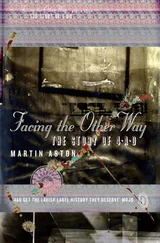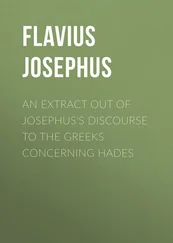“Don’t you? You arrived at the Villa Miranda, and on your first day there Sebastian talked about his article on the transmission of the texts of Euripides. The central argument, as I believed I mentioned once before, turns on a rather striking instance in the text of the Helena of the mistake of haplography. So Sebastian sits in the garden of the Villa Miranda, earnestly addressing Camilla on that subject. He smiles, no doubt, as he does so, his usual engaging smile — or so you or I would think it; but would it seem so to a person whose most carefully guarded secret was the existence in a particular document of precisely such an error?”
“You mean,” said Selena, “that she thought he was telling her that we knew about the Will? Oh really, didn’t it occur to the silly woman that it might be a coincidence?”
“It would have seemed from her point of view an improbable one. She had met you, after all, because you were instructed on the variation: she would not think of you as a person unconnected with the matter of her inheritance, but on the contrary as someone who had been closely concerned with it. If she had any doubts, they would have been resolved when Sebastian began talking, a few minutes later, about Book XI of the Odyssey: describing vividly, I expect, how the ghosts of the young who have died by violence or treachery gather on the banks of the Acheron to cry out for vengeance. My dear Selena, what would you have thought?”
In a work of fiction it would be customary and elegant to conclude the narrative with a brief summary of the subsequent lives and fortunes of those who had figured in it. The historian of Truth is, alas, denied this attractive expedient: the events which I have described are too recent for those concerned to have progressed much further in their careers; and, if they had, I am not so well acquainted with the family as to make it certain that I would know of it.
I did read in The Times some weeks ago of the death of Lady Remington-Fiske: it was mentioned that Lucian would inherit the family estates. I have also seen a moderately favorable review of his first novel, and his sister’s marriage to a Greek fisherman has attracted some attention in the gossip column of the Scuttle.
Following an investigation by the Department of Trade into the affairs of Galloway Opportunities Limited, there was talk of a prosecution; but it was decided, I am told, that in view of his tragic bereavement Rupert should be treated with lenience.
It proved unnecessary for Sebastian or myself to put ourselves to any trouble on behalf of Leonidas: he submitted excellent papers in the entrance examinations and is now reading Law at Balliol. I do my best, when he comes to me for tutorials in legal history, to forget how close he came to cutting my throat. He intends, when he is qualified, to accept Julia’s offer of a pupillage: it is to be hoped that by then the passage of time will have qualified the beauty of his profile or the warmth of Julia’s ardor, but at present I am bound to say that there is no sign of it.
Sebastian is working with enthusiasm on his translation of the work of Constantine Demetriou, and they correspond a good deal. He seems to think, however, that it will be some time before they meet again: Selena prefers to sail in other waters than the Ionian Sea.












